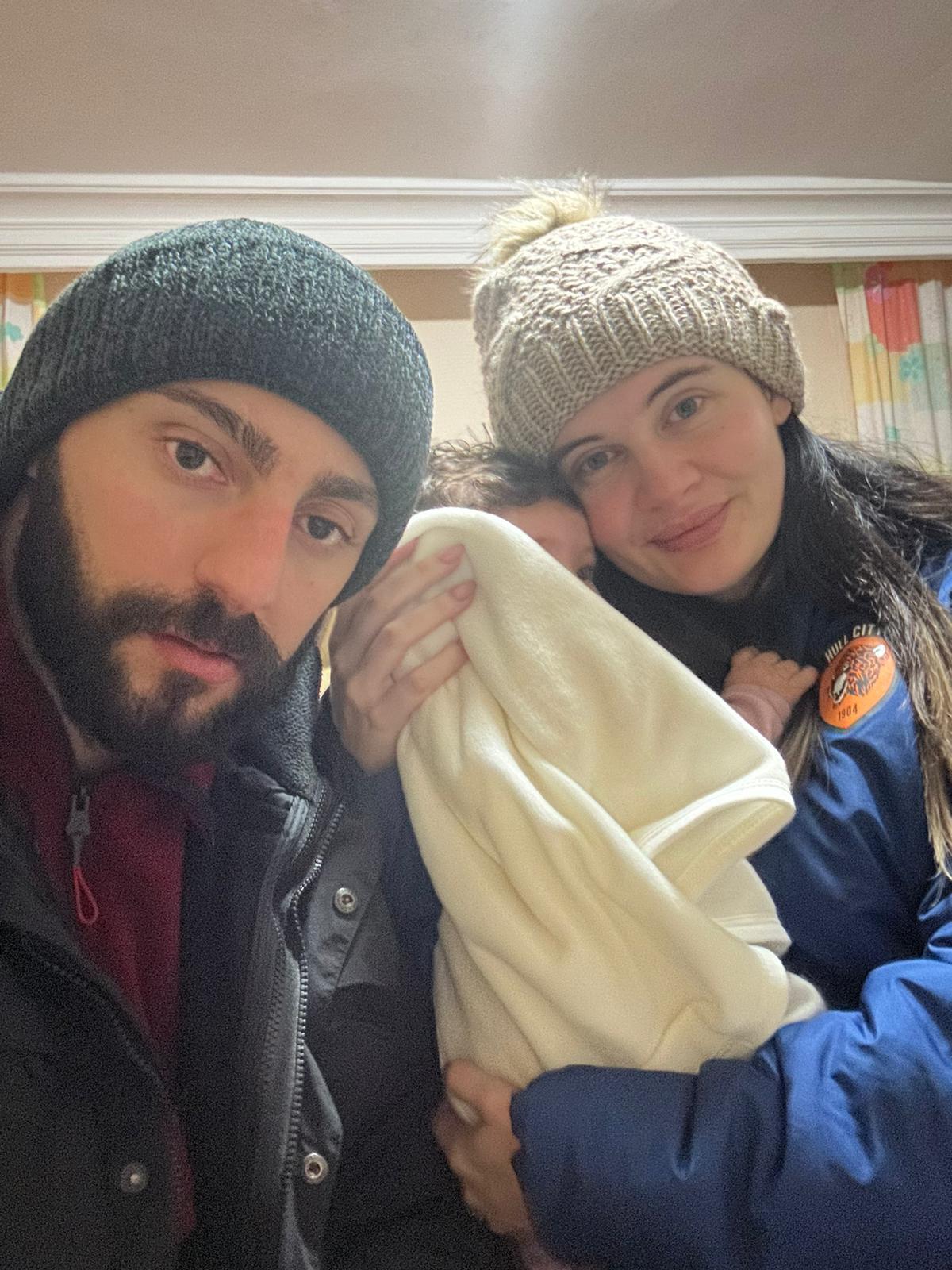
A British family feared for their lives as the deadly Turkey earthquake was caught on film on their baby monitor.
The family from Hull was on holiday in the country when the quake hit.
Victoria Sanli can be heard crying out ‘oh my God!’ as she grabs her baby Katelyn from her cot at the precise moment the earthquake strikes.
As she carries the child to safety the cot is seen shaking with the deafening sound of crashing all around.
Throughout the drama, baby Katelyn’s music box continues playing the nursery rhyme “Frere Jacques”, providing a surreal soundtrack to the carnage.
The family were in Adana, close to the epicentre of the quake, visiting the parents of Katelyn’s father Lemi Sanli.
Mr Sanli was in Istanbul when the earthquake hit and drove for 12 hours to reach them in Adana, where he found them safe.
The Independent is appealing for help in raising urgently needed funds following the deadliest earthquake to hit Turkey and Syria in almost a century.
Mr Sanli and his young family had come to Turkey to introduce his grandparents to the new baby. He had returned to the UK for a few days to work before landing in Istanbul seeking flights to Adana. Then the deadly earthquake struck and Mr Sanli said he woke up to several missed calls from his wife.
Mr Sanli told The Independent: “When my wife sent me a video of her picking our baby out of the cot during the earthquake, it was heartbreaking.
“You hear a big bang. You can hear the whole building squeaking and that tapping noise. When you watch it your blood freezes.
“When I saw that I said ‘I have to be there somehow’. I was devastated. the fact that they were there on their own, my wife was there on her own, as a man, a husband and a father I was not there for them.
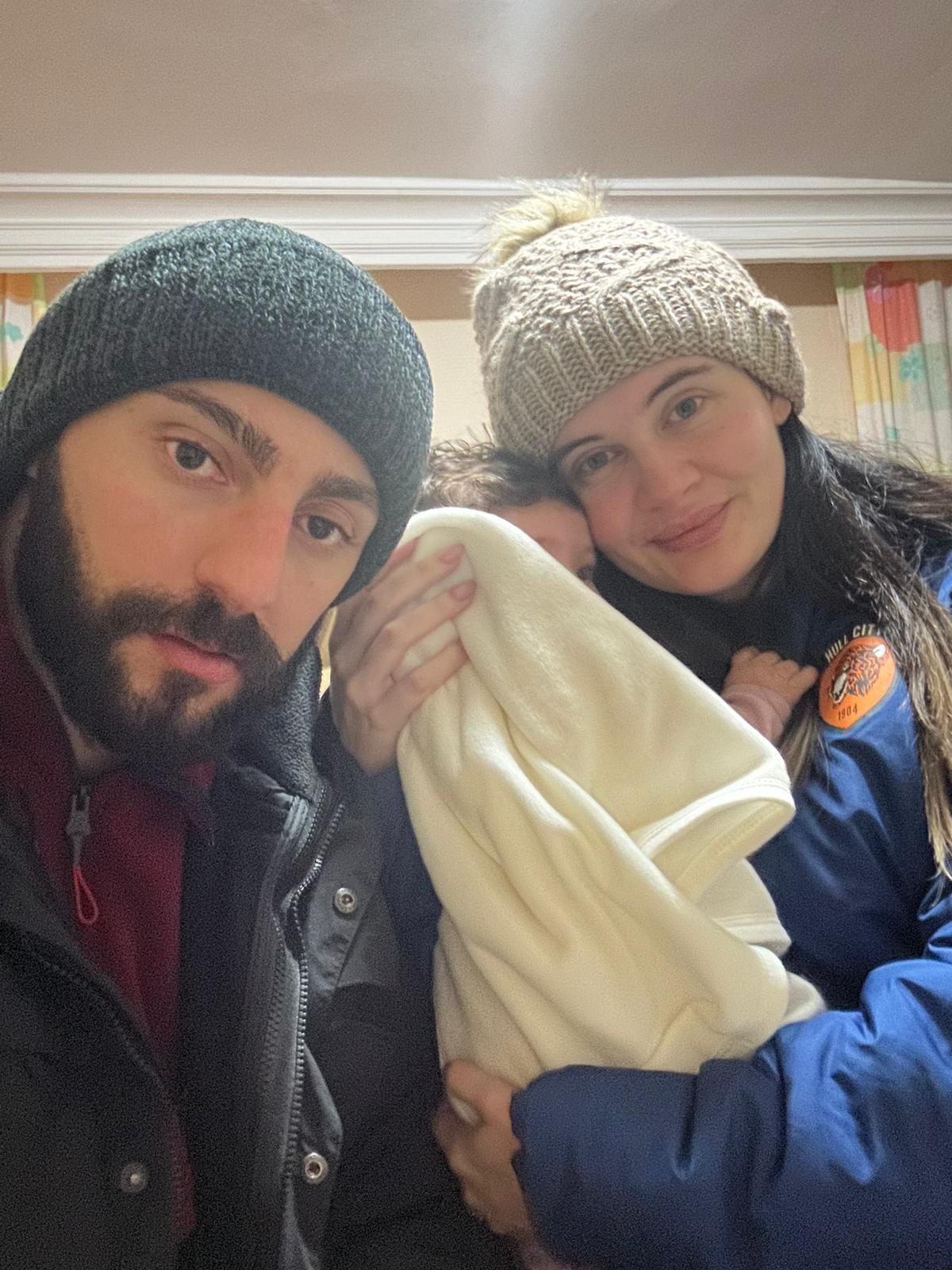
“My wife obviously was very scared, really scared. Katelyn doesn’t know what’s happening, she’s still laughing and giggling and crying. My wife was very brave and as calm as she can be considering what she went through on her own.
Also speaking to The Independent, Ms Sanli said nothing could have prepared her for the trauma of the earthquake.
“I was awoken by the dog barking and as I came around the whole building was shaking, the lights were shaking, everything was shaking and for a second I almost stopped and had a bit of a panic because my brain was trying to accept what was going on,” Ms Sanliu said.
“When I said Oh my God on the camera, it was the realisation of what was happening.”
Staying on the fifth floor of the 10-storey building, Ms Sanli grabbed her daughter and escaped the collapsing building in only her slippers, pyjamas, a jacket and with the couple’s dog.
Ms Sanli added: “As soon as I woke up, she was my only focus. That kind of made the fear and panic worse because it’s not just me running out but it’s getting my little girl out.
“It was absolutely pouring down but everyone was outside the building. Everyone was getting in their cars and leaving, people were shouting at me in Turkish, I don’t speak the language, I didn’t understand what was going on.”
Along with hundreds of others, Ms Sanli stayed in her car in a nearby park to avoid falling buildings.
“You’re not really thinking properly in that moment, you just know you need to get out of the building.”
Mr Sanli, who was born in Adana before moving to the UK, immediately hired a car and drove the 12-hour journey from Istanbul to Adana to be with his wife and daughter.
Driving past dead bodies and collapsed buildings, he Mr Sanli said he just wanted to see his family.
He said: “In three different locations, I witnessed incidents where 20-30 vehicles were crashed and there were bodies everywhere. It was terrible.”
He reached Adana safely, but said he was shocked by the situation in the city. He says he watched around 15 buildings collapse while he was there.
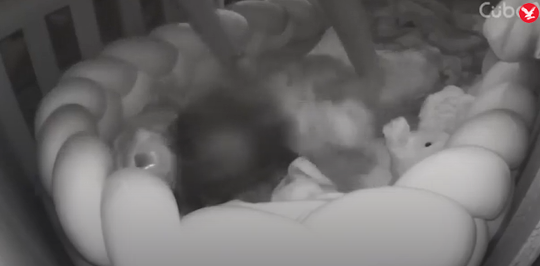
He added: “Some have been rescued. Some are still under [the buildings]. There are still many more apartments that have not been looked under.”
The security worker was able to take his family to the southern city of Mersin, where he said things are “slightly better” although some petrol stations had run out of fuel and many shops had little to no bread.
He added: “Mersin is normally a summer place but right now it’s raining and it’s quite cold. Istanbul is snowing and the middle of Turkey is snowing. The weather conditions make it 10 times worse.”
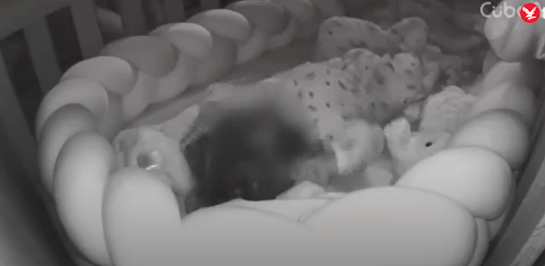
Mr Sanli said his family is taking things “one day at a time” and is planning to stay in Turkey to support the aid effort. He has started a GoFund Me campaign to receive support for his efforts.
“We could come back to the UK on the next available flight but what about my family here? We are in this together now, just because we’re okay in the UK are we just going to leave them on their own? What about other people, we can’t just leave them,” he said.
The United Nations has appealed for more aid for Turkey and Syria as the death toll from two devastating earthquakes passed 21,000.
“Aid, life-saving aid, is desperately needed by civilians wherever they are irrespective of borders and boundaries,” said UN special envoy for Syria Geir Pedersen.
“We need it urgently, through the fastest, most direct, and most effective routes. They need more of absolutely everything.”
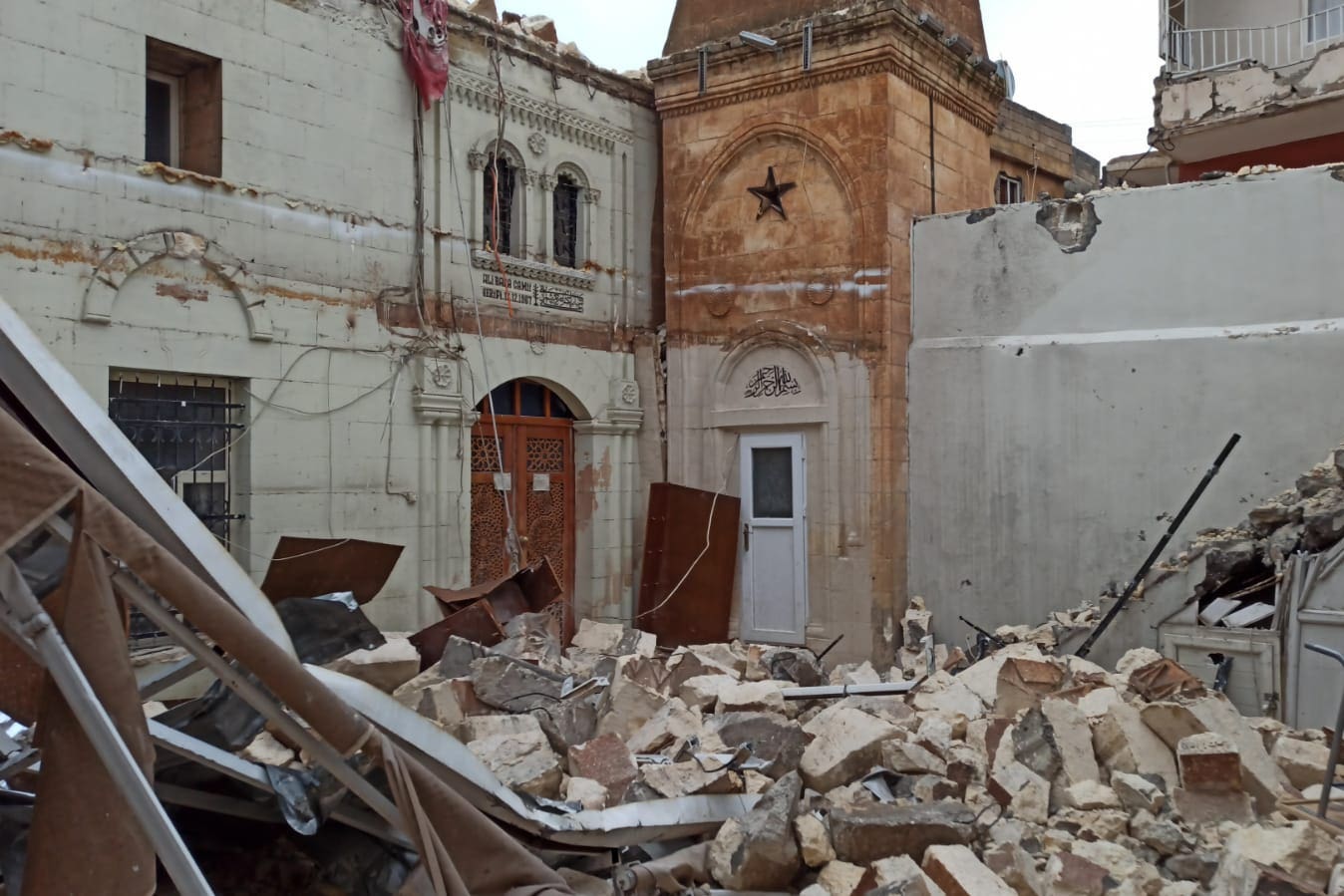
The plea comes as the World Health Organisation (WHO) warned that survivors of the earthquakes across Turkey and Syria face the threat of a “secondary disaster” if aid does not reach them soon. The search for survivors has been impeded by sub-zero temperatures and close to 200 aftershocks, which has made searching through unstable structures perilous.
A British medical relief worker has said the situation in Turkey and Syria after the earthquake is some of the worst he has seen in his 30-year career.
Steve Mannion, an orthopaedic surgeon with UK Med, a charity that sends NHS professionals to disaster zones, told BBC Radio 4's Today programme that patients were being treated in tents put up in hospital car parks, sometimes in below-zero temperatures and snowy conditions.
He said: “I have been a medical disaster relief worker for 30 years but the level of devastation here in the most affected areas is truly awful.
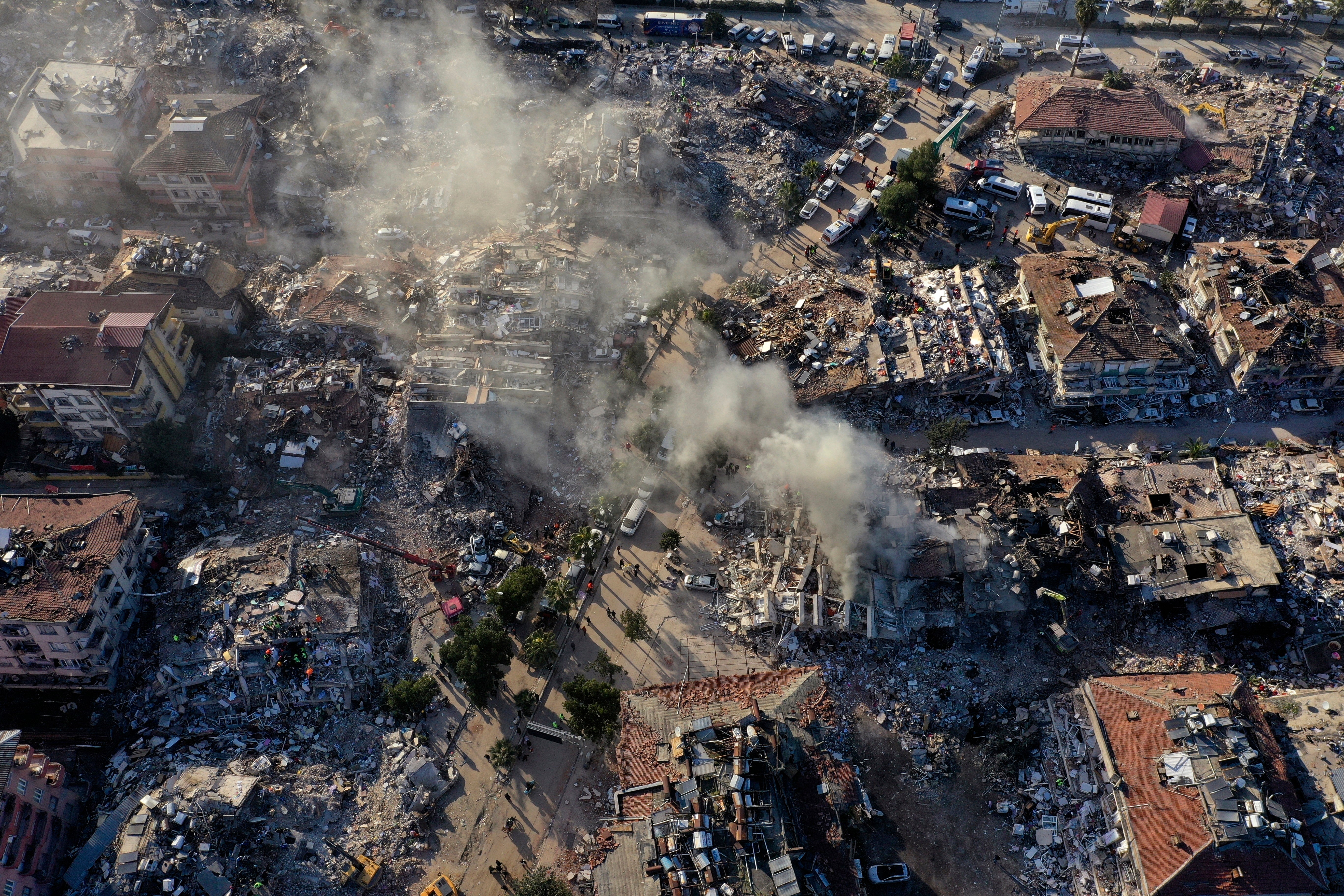
“Indeed the numbers of houses and buildings destroyed and the damage and the effect on the civilian population is one of the worst I've seen.”
Some people can be seen trying to reclaim the “remnants of their belongings” from their collapsed homes, he added, with others seen walking around with “minor injuries such as broken limbs” as medical care focuses on the most severely hurt.
Dr Mannion said there were efforts to open up humanitarian access to northern Syria, with only one border crossing currently operating.
For regular updates on the appeal sign up to our Morning Headlines newsletter by clicking here.







